Teaching English to speakers of other languages (TESOL) MA
Are you considering a career teaching English as a second or foreign language to adults? The MA in TESOL (Teaching English to Speakers of Other Languages) is a professional degree that prepares you to teach English to adult speakers of other languages in accredited higher education institutions and in community settings. The MA in TESOL is an essential, required degree for most professional positions in the field of ESL in the U.S. and abroad.
The program offers a unique supervised teaching practicum in an intensive English program. This experience equips graduates to analyze language acquisition and to enter the field as a professional.
Quote from Michael Rich, MA in TESOL 2022

My growth as a teacher, my confidence, my approach to research-based instruction, have all taken massive leaps and bounds forward all thanks to the faculty and structure of this program.
About the program
Curriculum
The curriculum includes 31-34 credits of required coursework. Students must also pass a Language Proficiency Exam, and write and defend a final thesis (Plan A) or a qualifying paper (Plan B).
View the required courses in the graduate catalog under the TESOL subplan.
This program can be completed in two years of full-time study, or four semesters.
Career outlook
Our graduates have gone on to careers as university professors in accredited programs, instructional leaders, curriculum designers, and assessment specialists worldwide.
Some recent graduates of the MA in TESOL are employed in the following positions and institutions:
- Faculty Associate, University of Madison-Wisconsin
- Educational Technologist, Center for English Language and Orientation Programs at Boston University
- Managing Research Scientist, Educational Testing Service
- Online Projects Manager, English Language Programs, Georgetown University
- English Learner and Migrant Education Specialist, Compliance Monitor, Minnesota Department of Education
- Clinical Assessment Developer, Pearson Education
- ESL Lecturer, University of North Carolina – Wilmington
Year #1
Fall
- Foundations in second languages & cultures
- Methods of teaching ESL in higher education
- English grammar for ESL teachers
Spring
- Advanced grammar for ESL teachers
- Practicum in teaching ESL
Year #2
Fall
- Analyzing learner language in SLA
- Foreign language testing and assessment or
- Assessing English learners
Spring
- Complete thesis
- Elective
Martha Bigelow Martha Bigelow
- Carmen Starkson Campbell Endowed Chair for Innovation in Teacher Development
- she, her, hers
- 612-624-7087
- mbigelow@umn.edu
My research interests span fields of education, applied linguistics, and cultural studies.
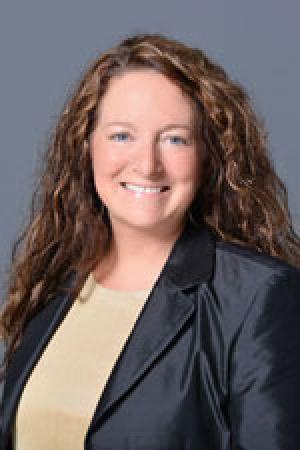
Blanca Caldas Chumbes Blanca Caldas Chumbes
- Associate Professor
Blanca Caldas is an assistant professor in Multilingual Education and Elementary Education—College of Education and Human Development at The University of Minnesota Twin Cities. She completed her Ph.D.
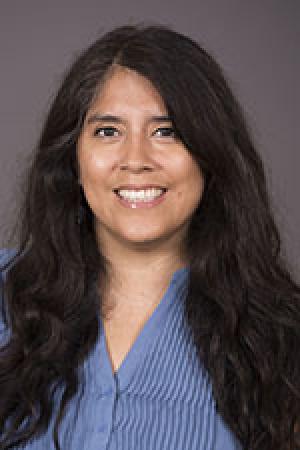
Samuel David Samuel David
- Associate Professor
- he, him, his
- ssdavid@umn.edu
My work as both a teacher and researcher at the University of Minnesota are centrally concerned with improving instruction for minoritized multilingual students across diverse classroom contexts.
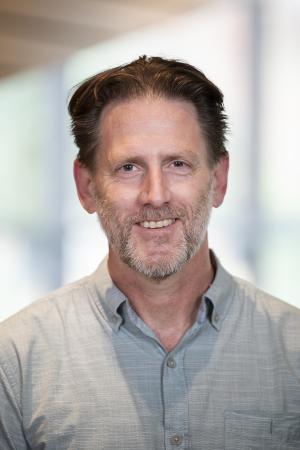
Mary Hermes Mary Hermes
- Professor
- she, they
- 612-624-3082
- mhermes@umn.edu
Mary Hermes' research focuses on language revitalization and how it can connect people to the land and the planet. She explores different ways of knowing and being through feminist and indigenous lenses.
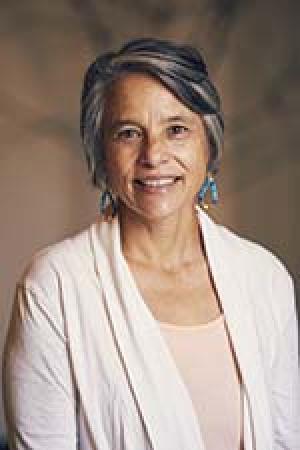
Kendall King Kendall King
- Professor of Multilingual Education, Associate Dean for Graduate Education and Faculty Development
- 612-625-3692
- kendall@umn.edu
My scholarship addresses sociolinguistic, interactional and policy perspectives on second language learning and bilingualism, with particular attention to educational and familial practices impacting language use, language learning and equity.

Karla Stone Karla Stone
- Senior Lecturer
- she, her, hers
- 612-626-0319
- ston0032@umn.edu
Dr. Karla Stone is a Senior Lecturer in Multilingual Education at the University of Minnesota, Twin Cities. In that role, she coordinates the initial license and M.Ed. program for MN K-12 ESL and World Language teacher candidates.
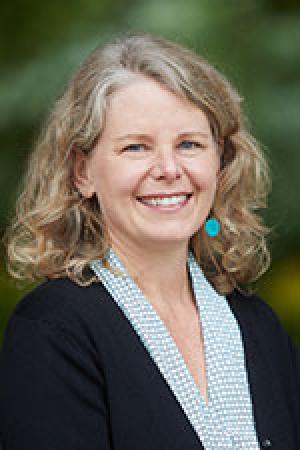
How to apply
Application deadline and instructions
Priority deadline: December 1 for admission to the fall of the following year
Admissions decisions: January
Faculty review applications in mid-late December, and the Graduate School will notify applicants about admission decisions shortly thereafter. Final admission decisions are based on complete applications. All application materials must be included for the application to be released for review.
Before applying online, go through the application checklist to ensure you have all the required materials. We are here to help! If you have questions, please contact the Graduate Studies Coordinator. If you are a returning Graduate School student, follow the Readmission guidelines. If you are a current Graduate School student and need to change your program, follow the Change of Status guidelines.
Request information
We’re here to help. Simply complete one of these forms and a member of our department will be in touch